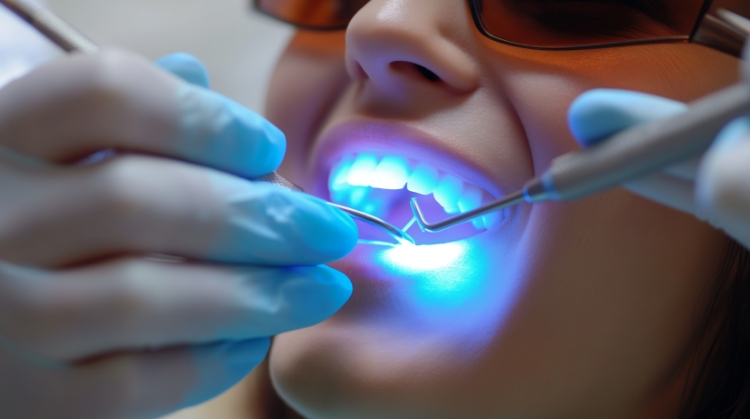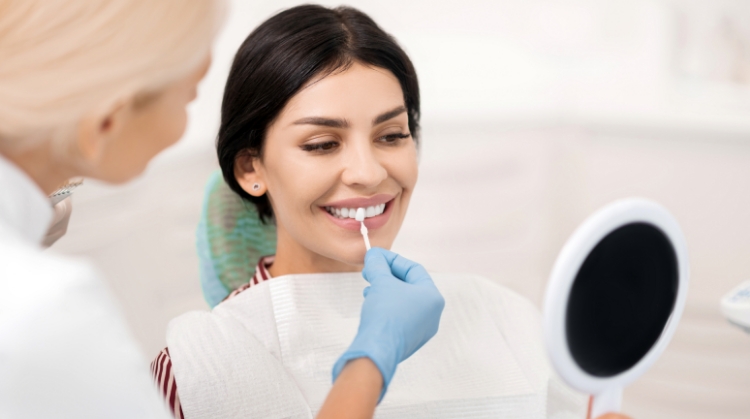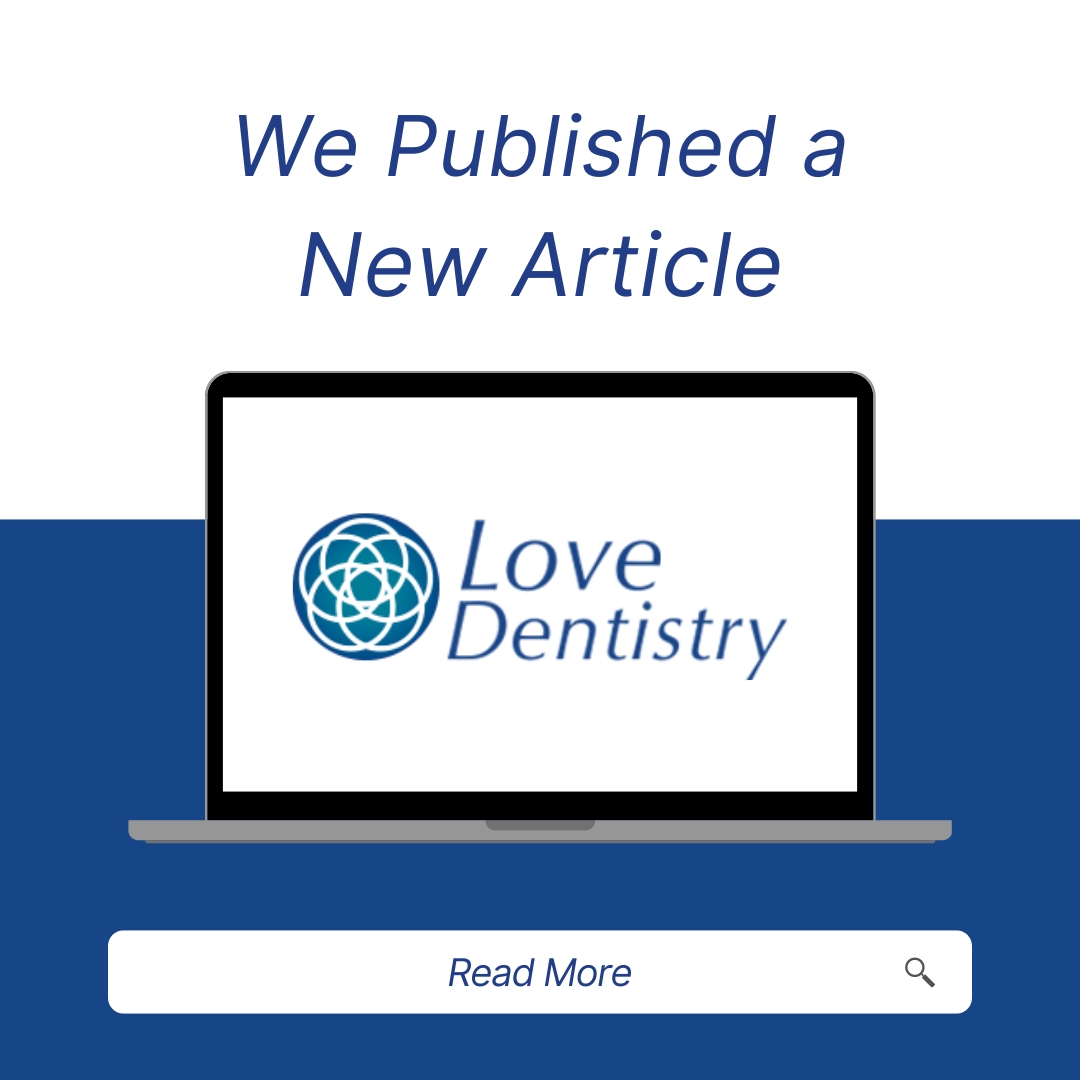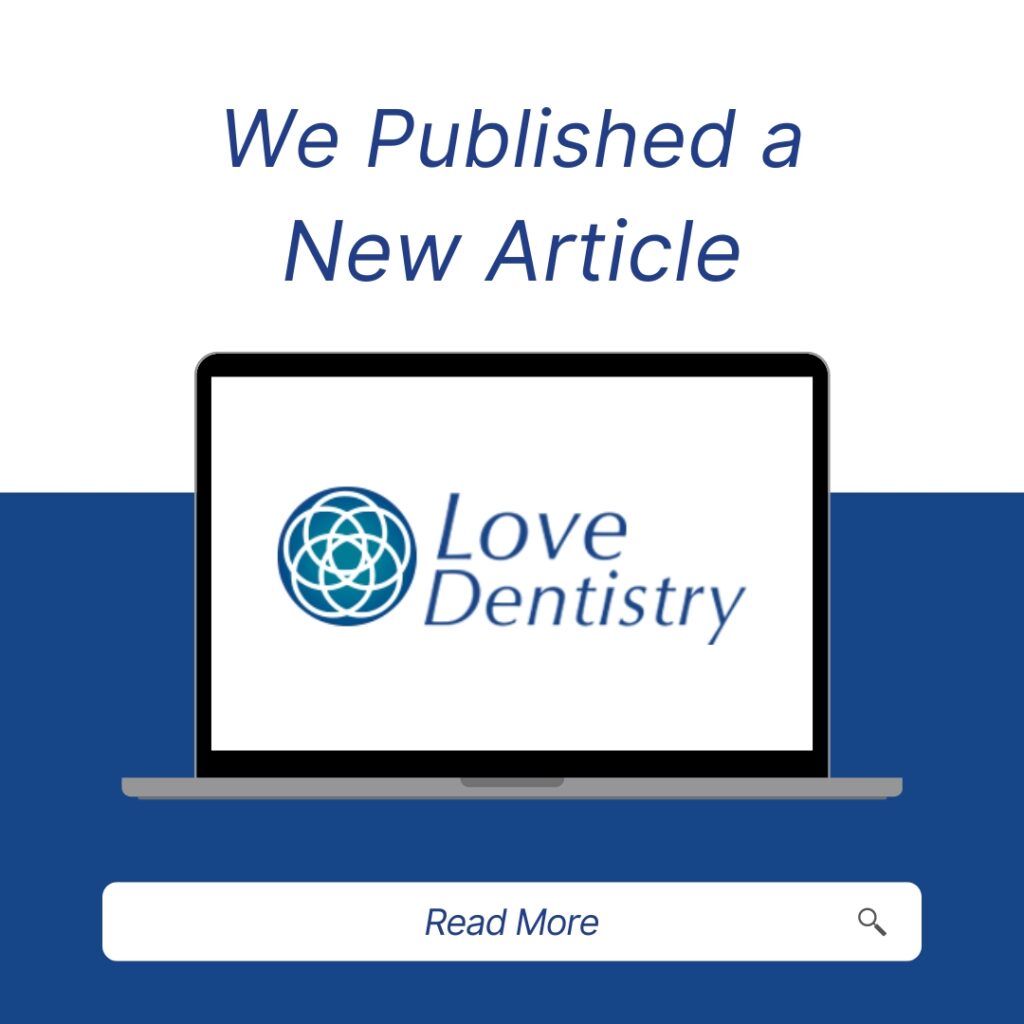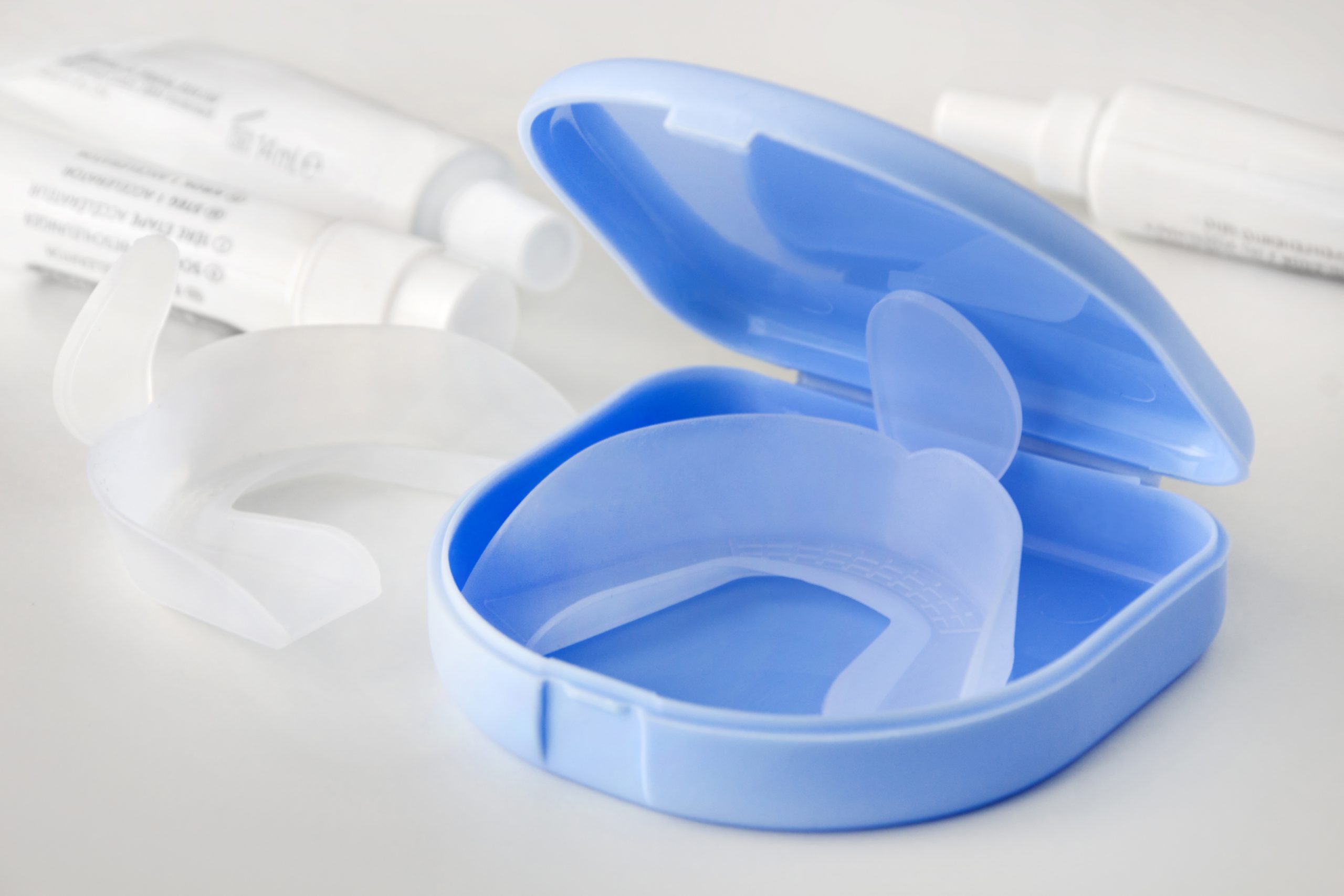Having a beautiful, confident smile can make a world of difference in both your personal and professional life. If you feel self-conscious about your teeth, cosmetic dentistry treatments can help you achieve the smile you’ve always wanted. In Bellingham, WA, Love Dentistry offers expert cosmetic dental care to transform your smile and boost your confidence.
Why Your Smile Matters
Your smile is one of the first things people notice about you. Studies show that a bright, well-aligned smile can make you appear more attractive, approachable, and even more successful. But if you’re dealing with stained, chipped, or misaligned teeth, you may feel hesitant to smile fully. This is where cosmetic dentistry comes in—it offers various treatments to enhance the appearance of your teeth and restore your self-esteem.
Top Cosmetic Dentistry Treatments
There are a variety of cosmetic dentistry treatments tailored to improve your smile. Here are some of the most popular options:
1. Teeth Whitening for a Brighter Smile
One of the simplest and most effective ways to enhance your smile is through professional teeth whitening. Over time, teeth can become discolored due to coffee, tea, wine, smoking, or aging. Advanced whitening treatments can brighten your teeth by several shades, giving you a noticeably whiter smile in just one visit.
2. Porcelain Veneers for a Perfect Smile
If you have chipped, stained, or slightly misaligned teeth, porcelain veneers might be the ideal solution. Veneers are thin, custom-made shells that cover the front surface of your teeth, instantly improving their appearance. Many people choose veneers to achieve a flawless, Hollywood-worthy smile.
3. Invisalign for a Straighter Smile Without Braces
Traditional metal braces aren’t the only option for straightening teeth. Invisalign offers a discreet and comfortable way to achieve a beautifully aligned smile. These clear aligners gradually shift your teeth into place without the inconvenience of metal brackets and wires.
4. Dental Bonding for Quick and Affordable Fixes
If you have minor imperfections like small chips or gaps, dental bonding is a cost-effective and fast solution. This procedure involves applying a tooth-colored resin to repair damaged areas, giving you a natural and enhanced look. Many patients in Bellingham choose bonding because it provides immediate results in just one visit.
The Confidence-Boosting Benefits of Cosmetic Dentistry
Investing in cosmetic dentistry isn’t just about improving the look of your teeth—it can also have a profound impact on your self-confidence and overall well-being. Here’s how:
- Improved Self-Esteem: When you love your smile, you naturally feel more confident in social and professional settings.
- Better First Impressions: A bright, attractive smile makes you appear more approachable and friendly.
- Increased Opportunities: Studies suggest that people with attractive smiles are perceived as more competent and successful.
- Enhanced Oral Health: Many cosmetic treatments also improve the health of your teeth and gums, leading to long-term benefits.
Conclusion
A confident smile can truly transform your life, enhancing both your self-esteem and the way others perceive you. Whether you want to brighten your teeth, correct imperfections, or achieve a straighter smile, cosmetic dentistry offers a solution tailored to your needs.
From professional teeth whitening to porcelain veneers and Invisalign, these treatments can help you feel more comfortable and self-assured in every aspect of your life.
If you’re ready to achieve the smile of your dreams, Love Dentistry is here to help. With expert care and state-of-the-art cosmetic dentistry solutions, you can enjoy a brighter, more confident smile in no time.



